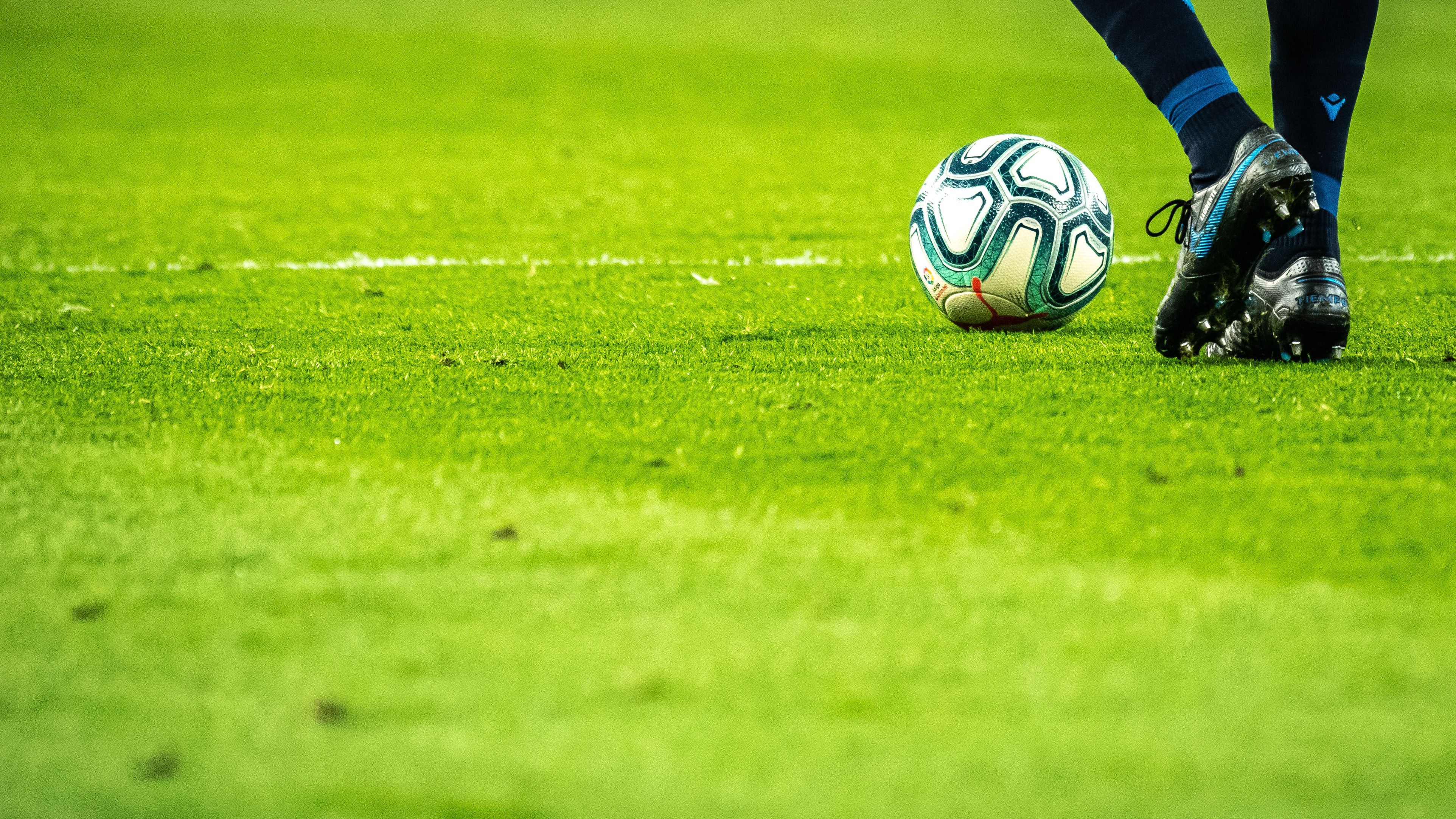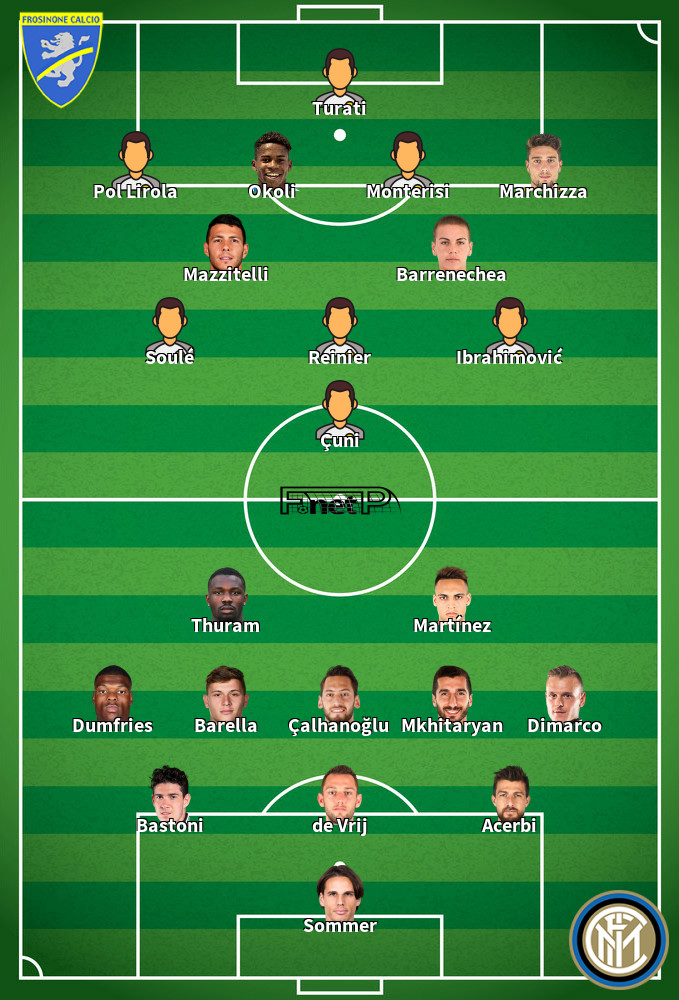Grêmio x Bahia: A Rivalry of Two Brazilian Football Giants
Por um escritor misterioso
publicado em novembro/05/2024

The clash between Grêmio and Bahia is a highly anticipated fixture in Brazilian football, known for its intense rivalry and passionate atmosphere. This article explores the history and significance of this classic encounter, highlighting key moments and players from both clubs.

The roots of this rivalry can be traced back to the early days of Brazilian football. Grêmio, based in Porto Alegre, was founded in 1903 and quickly established itself as one of the powerhouses of southern Brazilian football. Bahia, on the other hand, hails from Salvador and was founded in 1931. Both clubs have enjoyed considerable success throughout their history, boasting numerous regional and national titles.
Over the years, Grêmio and Bahia have crossed paths in important competitions such as the Copa do Brasil and the Brasileirão. These encounters have often been characterized by fierce competition, with both teams showcasing their skill and determination on the field. The matches between Grêmio and Bahia are known for their high intensity, tactical battles, and memorable moments.
One classic encounter that stands out is the 1989 Copa do Brasil final between Grêmio and Bahia. In a two-legged affair, Grêmio emerged victorious after a hard-fought battle. The second leg of the final, played at the Estádio Olímpico Monumental in Porto Alegre, saw Grêmio secure a 2-1 win to claim their second Copa do Brasil title. This victory further fueled the rivalry between the two clubs, with both sets of fans cherishing the memories of that epic clash.
In recent years, Grêmio and Bahia have continued to provide thrilling matches, showcasing the talents of their players and the tactical acumen of their managers. The clashes between these two teams have become highly anticipated events in the Brazilian football calendar, attracting huge crowds and passionate support from all corners of the country.
When discussing this rivalry, it is impossible to ignore the great players who have graced both clubs. Grêmio boasts a rich history of iconic figures such as Ronaldinho, Renato Portaluppi (also known as Renato Gaúcho), and Paulo Nunes. These players left an indelible mark on Grêmio's legacy and contributed to the team's success against Bahia and other opponents.
On the other side, Bahia has also had its fair share of standout players, including Zé Carlos, Uéslei, and Bobô. These legends of Bahia's past have helped shape the club's identity and performance in matches against Grêmio. Their contributions to the rivalry cannot be overstated.
In conclusion, the clash between Grêmio and Bahia is a classic encounter in Brazilian football, marked by intense competition and a rich history. The matches between these two giants have produced countless memorable moments and have seen some of the best players in Brazilian football battling for supremacy on the field. Whether it's a tight contest or a goal-fest, a grêmio x bahia match is always an unmissable spectacle for football enthusiasts.



56 ideias de Casas do Minecraft
Grêmio and Bahia are two iconic football clubs in Brazil, with a long-standing rivalry that has captured the imagination of fans across the nation. Whenever these two teams face each other, the excitement reaches fever pitch, as supporters of both sides hope to witness a thrilling match filled with drama and spectacle.The roots of this rivalry can be traced back to the early days of Brazilian football. Grêmio, based in Porto Alegre, was founded in 1903 and quickly established itself as one of the powerhouses of southern Brazilian football. Bahia, on the other hand, hails from Salvador and was founded in 1931. Both clubs have enjoyed considerable success throughout their history, boasting numerous regional and national titles.
Over the years, Grêmio and Bahia have crossed paths in important competitions such as the Copa do Brasil and the Brasileirão. These encounters have often been characterized by fierce competition, with both teams showcasing their skill and determination on the field. The matches between Grêmio and Bahia are known for their high intensity, tactical battles, and memorable moments.
One classic encounter that stands out is the 1989 Copa do Brasil final between Grêmio and Bahia. In a two-legged affair, Grêmio emerged victorious after a hard-fought battle. The second leg of the final, played at the Estádio Olímpico Monumental in Porto Alegre, saw Grêmio secure a 2-1 win to claim their second Copa do Brasil title. This victory further fueled the rivalry between the two clubs, with both sets of fans cherishing the memories of that epic clash.
In recent years, Grêmio and Bahia have continued to provide thrilling matches, showcasing the talents of their players and the tactical acumen of their managers. The clashes between these two teams have become highly anticipated events in the Brazilian football calendar, attracting huge crowds and passionate support from all corners of the country.
When discussing this rivalry, it is impossible to ignore the great players who have graced both clubs. Grêmio boasts a rich history of iconic figures such as Ronaldinho, Renato Portaluppi (also known as Renato Gaúcho), and Paulo Nunes. These players left an indelible mark on Grêmio's legacy and contributed to the team's success against Bahia and other opponents.
On the other side, Bahia has also had its fair share of standout players, including Zé Carlos, Uéslei, and Bobô. These legends of Bahia's past have helped shape the club's identity and performance in matches against Grêmio. Their contributions to the rivalry cannot be overstated.
In conclusion, the clash between Grêmio and Bahia is a classic encounter in Brazilian football, marked by intense competition and a rich history. The matches between these two giants have produced countless memorable moments and have seen some of the best players in Brazilian football battling for supremacy on the field. Whether it's a tight contest or a goal-fest, a grêmio x bahia match is always an unmissable spectacle for football enthusiasts.

Inscrições 2023 do Programa Minha Casa, Minha Vida e novas regras - Meu Bolso em Dia
